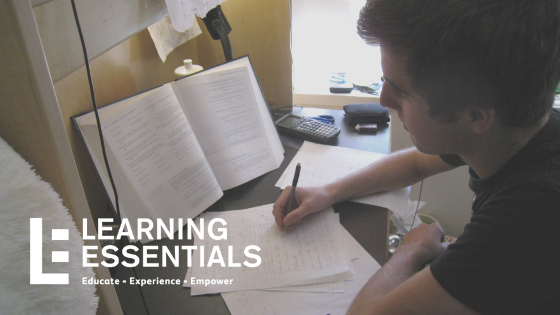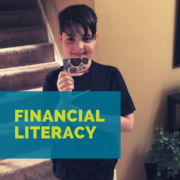Hard Truths Part II
As we discussed in part I, our exploration of pivotal life lessons continues below. These lessons often involve the more difficult truths that reveal themselves organically in the classroom—the teachings that might not necessarily be prescribed in the curriculum, but that can be just as influential and beneficial for adolescents.
You’ll attract more bees with honey than you will with vinegar
This metaphor will take a little bit of explanation for teens to truly grasp its meaning; however, the realization is crucial for middle and high schoolers as they begin to navigate their way into early adulthood. Essentially, the proverb encourages students to use kindness, camaraderie, and an agreeable demeanor to assuage an otherwise worthy opponent or adversary. In social situations, especially when power structures or supremacy is imbalanced, it is to one’s benefit to appease, mollify, and react calmly when confronted. Educators can help students to understand this by modeling communicative, persuasive, and argumentative techniques. In showing students how to “work” an adversary more easily by leading with an affable manner, teachers can subtly teach students how to manipulate situations where an imbalance of power might otherwise nullify the student’s position. This hard truth also reminds students of the intense effect that benevolence can have in easing a situation or decision. Adolescents begin to learn that, while we cannot necessarily control another’s decision or behavior, we can have a meaningful impact on how that person reacts to our position or behavior.
Adults, including parents and teachers, have made and will continue to make mistakes
It always amazes me to see a student’s reaction when I apologize, admit fault or wrongdoing, or disclose flaws or previous mistakes. Teachers are occasionally held up on an undeserving pedestal, where students unconsciously align that adult with an expectation of faultlessness. Students tend to forget that, just like their peers, we adults are human, too. Parents, teachers, and presumably all authority figures have experienced failures, made mistakes, admitted culpability, and faced blame or defeat. This hard truth is two-fold, really. Adolescents need to know that everyone, including adults and authority figures, have flaws and commit missteps—no one is perfect. They also need to expect that, although they will age, mature, and learn, they will never be immune to errors—we are all a constant work in progress. To help shatter the impossible ideology that anyone in authority should maintain a level of perfect, teachers should be prepared to readily admit their mistakes to students. If we lose our tempers, err in our instruction, or provide misinformation, we must humbly admit these mistakes and use it as a teachable moment. When students witness adults owning a mistake, they begin to realize that to err is to be human. We all have something to gain from admitting our shortcomings or mistakes.
Your talents and passions may not coincide—and that’s okay—but don’t abandon either one
Wouldn’t it be nice if the area in which we were gifted or talented was also one of our personal passions? If we could simply master whatever skill, talent, or subject piqued our interests? Well, yes, of course, but the world does not work that way. Middle schoolers and high schoolers are just beginning to uncover their tendencies as learners. They have just begun to understand their strengths and weaknesses, hobbies and interests. That said, it is an important lesson to learn that, while we should always follow our passions and strive to grow our interests, we should also keep a keen eye on our natural talents and areas of strength. What we love to do might not be our greatest strength, and that is okay. It is important for adolescents to foster a growth mindset, meaning that they continue to strategize and work towards their goals, no matter the obstacles or challenges. Similarly, high schoolers should especially try to capitalize on their natural talents, as these could impact college and career options shortly down the road.







